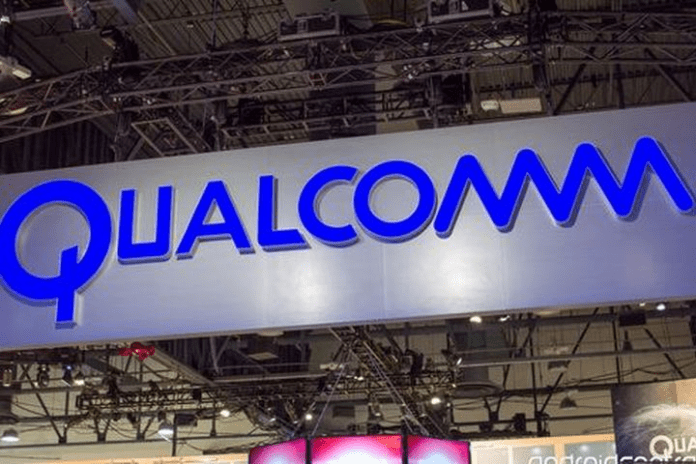Mobile chip maker Qualcomm is being fined $773 million by Taiwanese regulators who claim the vendor is using its dominant position in the mobile baseband modem market to harm competitors, the latest issue at the company over its business model around products and patents.
In a ruling this week, Taiwan’s Fair Trade Commission (FTC) ruled that Qualcomm violated antitrust regulations by leveraging its baseband chip patents in such mobile technology areas as LTE, CDMA and WCDMA to force competitors to agree to contract terms that essentially hampered competition and drove up prices in the Chinese mobile market.
According to the decision posted on the FTC website, Qualcomm would not sell baseband modems to cell phone makers that didn’t agree to the contractual terms that regulators said disadvantaged the manufacturers. At the same time, the vendor maintained its dominance in the market through special offers to other manufacturers. Given its position in the market, by not selling products to those companies that didn’t agree to the conditions in its contracts, Qualcomm was violating Taiwanese laws.
In all, companies in Taiwan over the past several years had bought $30 billion in baseband chips from Qualcomm, the regulators said. The FTC wrote that “the core of the overall [Qualcomm] business model involved, damage[s] the base frequency chip Competition in the market [and] is an unfair approach that directly or indirectly impedes the participation of [a rival’s] business in the competition.”
In a brief statement, Qualcomm officials disputed the Taiwan regulators’ decision and that they will “seek to stay any required behavioral measures and appeal the decision to the Taiwanese courts after receiving the TFTC’s formal decision, which is expected in the next several weeks. The fine bears no rational relationship to the amount of Qualcomm’s revenues or activities in Taiwan, and Qualcomm will appeal the amount of the fine and the method used to calculate it.”
Qualcomm, the world’s top mobile chip maker, has been in the crosshairs of regulators in the United States, South Korea, China and other countries for the past several years for alleged antitrust and fair competition violations in the way the company conducts its business.
Qualcomm essentially operates two businesses, one that sells chips (and accounts for much of the company’s revenues) and the other that licenses patents (and drives most of the profits). Qualcomm has been accused of leveraging the strength of its patent portfolio to force competitors and customers to bend to its demands in order to disadvantage competitors and protect its market position.
In 2014, Qualcomm settled a lengthy antitrust investigation by China regulators by agreeing to a $975 million fine. In late 2016, South Korea’s Fair Trade Commission fined Qualcomm $853 million for violating antitrust laws through the vendor’s business practices, and earlier this year, the U.S. Federal Trade Commission filed a lawsuit against the chip maker over antitrust concerns around its licensing business.
Also this year, Qualcomm has been in a high-profile legal dispute with Apple, which in January filed a $1 billion lawsuit against the chip maker over its patent licensing practices. Apple in the past has used only baseband chips—a key component in smartphones, tablets and other mobile devices for connecting to wireless networks—in its iPhones, but it now also uses Intel modems in some of its iPhones. Others still use Qualcomm technology.
Apple accused Qualcomm of using its dominant market position to charge costly fees and royalties for every device manufacturers sell. Qualcomm has fired back, saying that some iPhones infringe on its patents and has asked U.S. regulators to ban the import of some iPhones into the country, a move that has drawn the ire of some in the industry.
In Taiwan, regulators said that along with the fine, Qualcomm must stop particular business practices. They include requiring competitors that want to license patents to sign contracts with clauses that force them to reveal sensitive business information, including the names of customers, chip prices, and sales targets and volumes.
